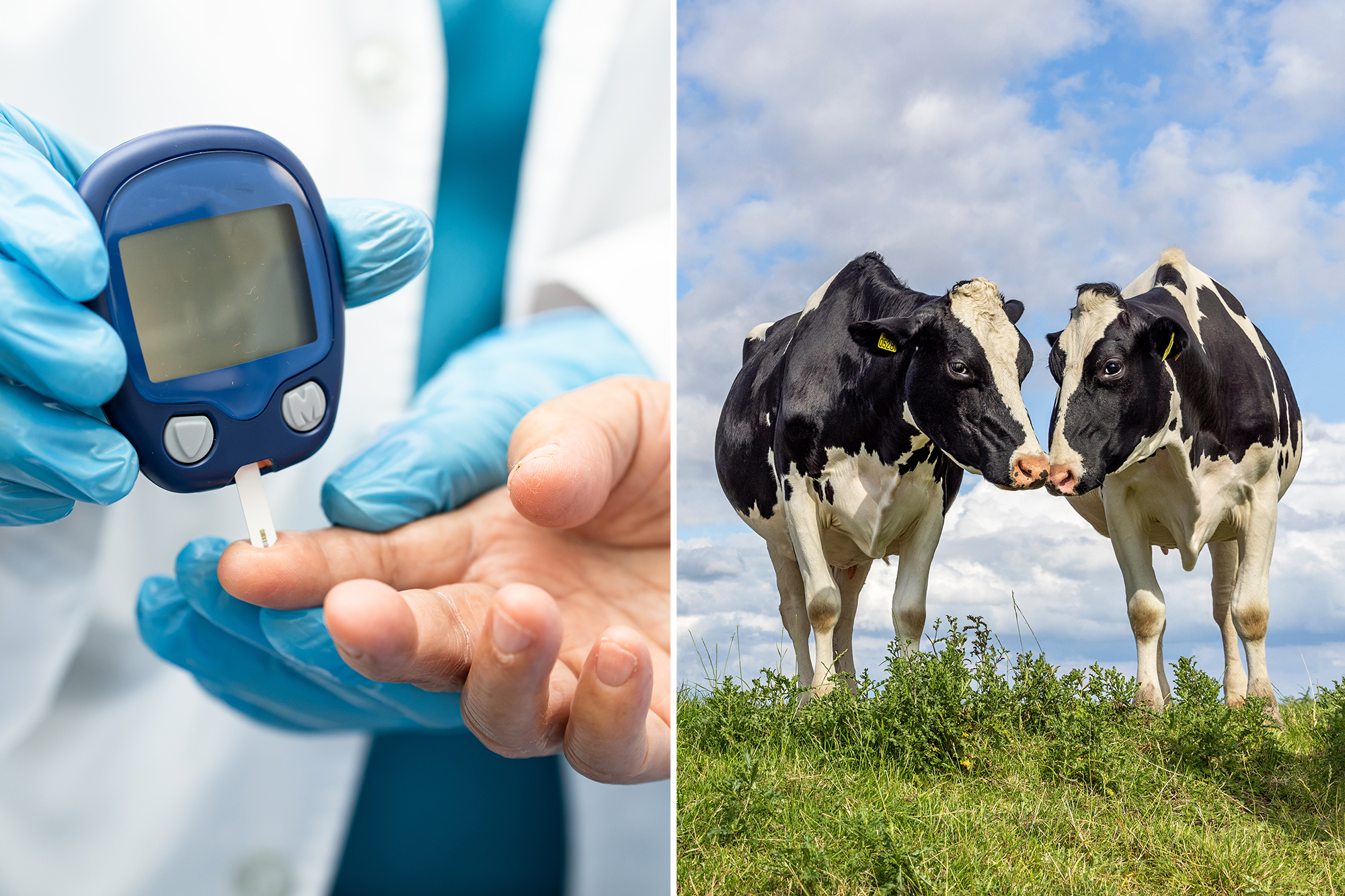
Maybe don’t go ham to ham.
A new study supports the claim that eating processed meat and red meat may increase the risk of type 2 diabetes.
Professors at the University of Cambridge in England analyzed data from 1.97 million people from 31 studies in 20 countries – including 18 unpublished studies. The researchers took into account the participants’ age, gender, health-related behaviors, energy intake and body mass.
They determined that habitual consumption of 50 grams of processed meat per day – the equivalent of two slices of bacon – was associated with a 15% higher risk of developing type 2 diabetes in the next decade.
Eating 100 grams of raw red meat per day (think: a small steak) was associated with a 10% higher risk, while 100 grams of poultry per day was associated with an 8% higher risk.
“Our research provides the most complete evidence to date of an association between eating processed meat and unprocessed red meat and a higher risk of type 2 diabetes in the future,” said senior study author Nita Forouhi. , from the Medical Research Council Epidemiology Unit at the University of Cambridge.
“It supports recommendations to limit consumption of processed meat and unprocessed red meat to reduce the incidence of type 2 diabetes,” she added.
Forouhi said the link between poultry consumption and type 2 diabetes “remains uncertain and should be investigated further.”
Type 2 diabetes occurs when the body does not produce enough insulin or does not use it well.
More than 38 million Americans—about 1 in 10—have diabetes, making it the nation’s eighth leading cause of death.
Previous research found that consuming more than one serving of red meat per day can contribute to a 62% higher risk of type 2 diabetes.
The US Department of Agriculture suggests limiting daily consumption of meat, poultry and eggs to 4 ounces.
The USDA says that processed meats — such as bacon, sausage and mutton — should be eaten no more than once a week.
The Cambridge researchers offer several possible explanations for the supposed link between meat consumption and the risk of type 2 diabetes, including that meat is an important source of animal protein and iron.
A recent Harvard University study found that a higher intake of heme iron, the type found in red meat, increases the risk of type 2 diabetes.
Heme iron has also been shown to cause inflammation and even DNA damage. Some studies suggest it may increase the risk of colorectal, pancreatic and lung cancer.
“Red meat has pros and cons,” said Dr. Ruchi Mathur, an endocrinologist at Cedars-Sinai in Los Angeles, told the New York Times last year after a similar Harvard study was published.
She said that red meat is rich in protein, vitamins such as B12 and minerals such as selenium, but also in saturated fat.
“Depending on the processing, [red meat] it can be high in sodium and preservatives,” explained Mathur, who was not involved in the research. “None of this is good for our health.”
Cambridge researchers report that meat consumption can also worsen insulin sensitivity – a hallmark of type 2 diabetes – and affect the cells in the pancreas that produce insulin.
Like other dietary research, limitations in this study include participants not accurately reporting what they ate and researchers not being able to adjust for other variables.
However, the Cambridge researchers said their work “provides more concrete evidence of the link between the consumption of different types of meat and type 2 diabetes than was previously possible”.
#Red #processed #meat #linked #risk #type #diabetes #study
Image Source : nypost.com